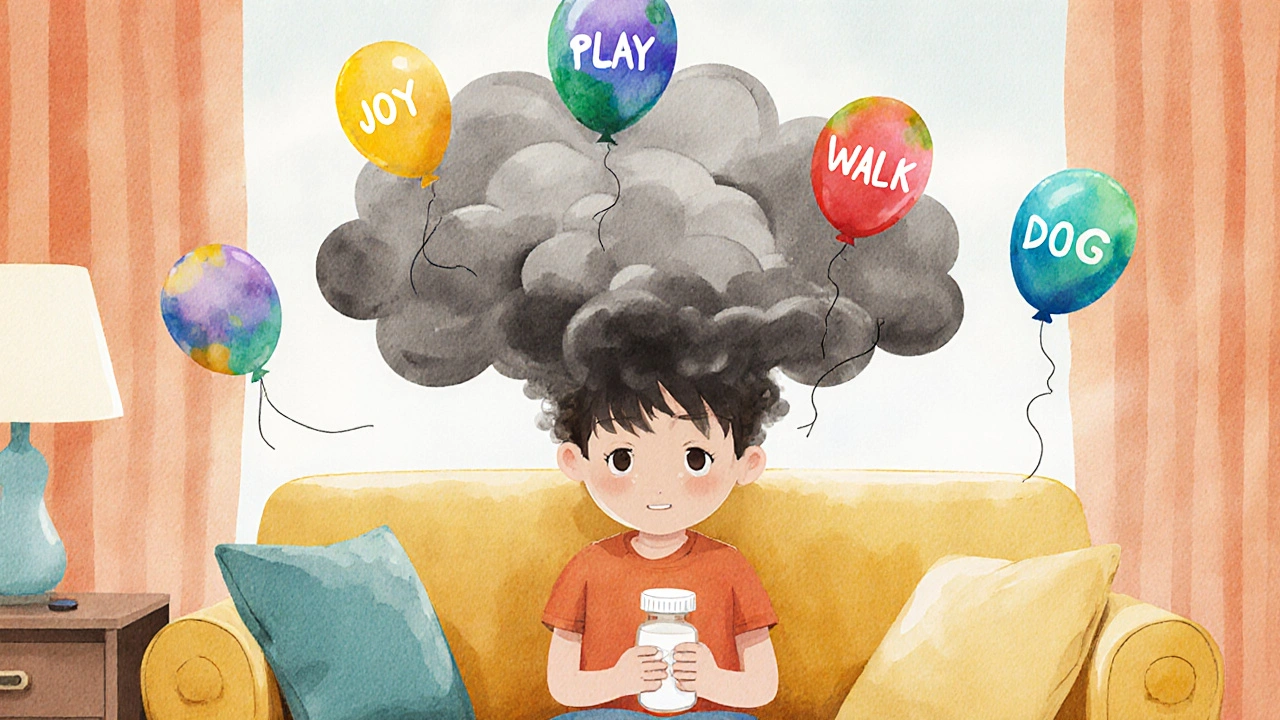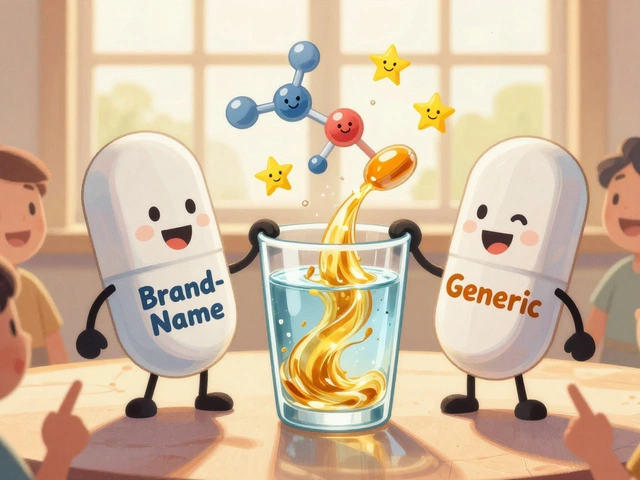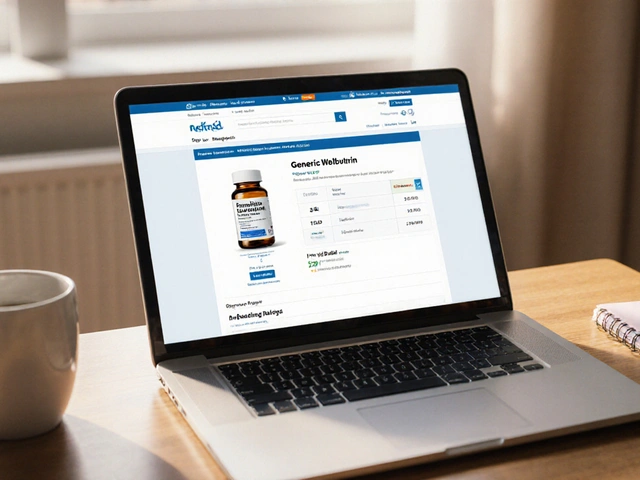Depression from Opioids: Causes, Risks, and What to Do
When people take opioids for pain, they often expect relief—not a worsening mood. But depression from opioids, a recognized side effect of long-term opioid use that can develop even before dependence sets in. Also known as opioid-induced mood disorder, it’s not just sadness—it’s a chemical shift in the brain that can feel like a heavy fog you can’t shake. This isn’t rare. Studies show up to half of people on long-term opioids report symptoms of depression, and it’s not always clear if the pain caused it, or the drug did.
Here’s the catch: opioids mess with your brain’s natural reward system. They flood it with dopamine at first, making you feel good. But over time, your brain stops making its own dopamine. When that happens, even small stressors feel overwhelming. You lose interest in things you used to enjoy. You feel tired, numb, or irritable—not because you’re weak, but because your brain chemistry changed. And when you try to cut back? opioid withdrawal, the physical and emotional crash that follows stopping or reducing opioid use. Also known as opioid discontinuation syndrome, it often includes severe low mood, anxiety, and sleep problems. Many people think they’re just going through a rough patch, but it’s often the drug itself causing the depression.
It’s not just about quitting. Even people who take opioids exactly as prescribed can develop this. It’s not a sign of addiction—it’s a biological response. And it doesn’t always go away when you stop the drug. That’s why mental health and opioids, the complex interaction between opioid use and psychological well-being. Also known as co-occurring opioid and mood disorders, it requires attention from both pain specialists and mental health providers. Ignoring depression while managing pain is like treating a broken leg with painkillers but never setting the bone.
You’re not alone if you’re feeling this way. Many people on opioids struggle silently, afraid to speak up because they think it’s their fault, or that they’re being weak. But this isn’t about willpower. It’s about neurochemistry. The good news? It’s treatable. Talking to your doctor about switching pain meds, adding therapy, or using antidepressants that don’t interfere with opioids can make a real difference. Some people find relief by combining non-opioid pain management with mood support. Others need to taper slowly, with mental health support built in.
Below, you’ll find real, practical advice from people who’ve been there. You’ll see how others managed side effects, when to ask for help, and what alternatives actually work. No fluff. No jargon. Just clear, usable info to help you take back control—without guessing what’s happening to your mind or body.




